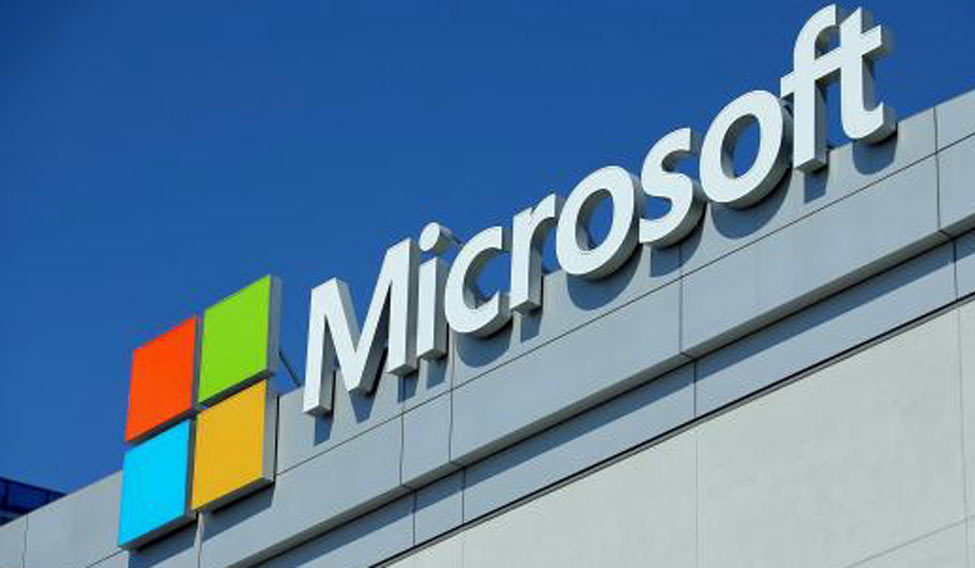Even as the decision to put on hold regulatory changes for H-1B visa holders comes as a big relief for lakhs of Indians working in IT and other professions in the US, had the Trump administration gone ahead with the restrictions, it could have severely impacted the US economy.
According to some experts whom THE WEEK spoke to, lakhs of Indian professionals, who are in the queue to get a green card, are working in mid-management-level positions, which are strategic to different companies, be they Indian or American firms. Asking them to come back till their green card is processed would have created a lacunae in these companies.
IT experts such as Amit Chandra, IT analyst at Mumbai-based HDFC Securities, feels that 10-15 per cent of these H-1B visas have been used by US companies and many of these people are working in important positions that are significant for these companies.
“In case these people were asked to come back, these companies would have struggled to get a replacement for such positions that are skill based. They would have had to deal with a dearth of skilled professionals and could have got only freshers or less-experienced people for such positions. This could have spelled disaster for such companies,” remarked Chandra.
He further feels that though the decision to hold changes is a relief for the existing visa holders, the new H-1B applicants may find it very difficult to get the visa as the US may make it tough for them.
“Getting a new H-1B visa has as such become very difficult. Many of the companies in the US may start hiring locally and change their business model in such a way that they will have less dependency on H-1B visa holders in the future,” added Chandra.
Another expert, Kris Lakshmikanth, the founder and the CEO of the recruitment firm Head Hunters India Limited, feels that Americans are hardcore capitalists and, had the restrictions been put in place, around 10 lakh professionals may have had to come back to India till the time their green cards were processed.
“Companies such as Microsoft and Apple have a large number of Indian H-1B visa holders working for them. Besides the Indian companies, there would have been tremendous pressure from the top American tech firms on the Trump administration as these tech firms dominate the US economy and they would not have allowed so many tech professionals to return to India as the impact of letting go of such kind of talented and skilled tech professionals could have been very severe,” said Lakshmikanth.
Another expert, Sarabjit Kour Nangra, VP Research- IT, Angel Broking, said, “According to media reports, US Citizenship and Immigration Services (USCIS) is not considering a regulatory change that would force H-1B visa holders to leave the United States by changing its interpretation of section 104(c) of AC-21, which provides for H-1B extensions beyond the 6-year limit.”
“The development is positive, we have an ACCUMULATE rating on Infosys and HCL Technologies. Even if it there were such a change, it would not likely result in these H-1B visa holders having to leave the United States because employers could request extensions in one-year increments under section 106(a)-(b) of AC21 instead. The new policy said to be under consideration had proposed denying an extension to H-1B visa holders beyond the maximum period of six years. Indian H-1B visa holders working in the US waiting for their green cards could face deportation if the proposal was accepted and enforced. The H-1B programme offers temporary US visas that allow companies to hire highly skilled foreign professionals working in areas with shortages of qualified American workers.”






